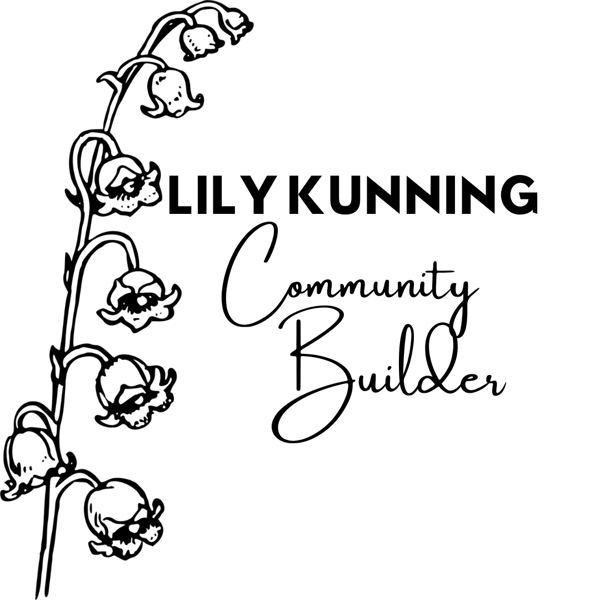Who can call themselves an "herbalist"?
Caveat Emptor...
HERBALISMTEACHINGCLINICAL CONSULTSREGULATION
Lily
12/13/20172 min read


Anyone calling themselves an herbalist should be a highly trained practitioner skilled in the art and science of matching medicinal plants with people. Sadly, there are no regulations about this, so caveat emptor! I have been chagrined that the US has folks calling themselves herbalists with no formal or very incomplete training.
Botanical medicine is both incredibly simple and amazingly complex. An herbalist has extensive knowledge of not only the medicinal potential of botanical medicines (from phytochemistry to pharmacology) but also a solid understanding of human physiology and pathophysiology. Combined together, this allows an herbalist to provide holistic treatment of varying illness using the therapeutic potential of medicinal plants custom compounded to fit each individual need.
In the United States, there is no licensure or regulations of who can call themselves an “herbalist” or who can practice using that title. It is extremely important to do your research and feel comfortable with your herbalist's level of training. Some herbalists only attend weekend seminars or online programs and begin practicing with little actual clinical experience, mentorship, or guidance. Some others have simply read recipes off the internet! Lily is trained and has over a decade of experience.
There is an organization, the American Herbalist's Guild, that is an independent non-profit organization here in the US. They exist to increase the quality of herbal education so that the next generation of clinicians are qualified. After you graduate from an herbalism class, you can enter a mentorship with one of their RH (Registered Herbalist) members and acquire clinic hours as well as case studies to submit (towards earning your RH).
If this is something you are interested in, you should know Lily's Foundational program (three years long, which includes getting clinical hours) can be used as your starting point. The curriculum will give you a solid foundation to start a clinical practice.
It also gives you a solid foundation to be an herbalist in other ways: starting a business, working in an apothecary, teaching, writing, cultivating. There are so many ways to be an herbalist- and Lily works to prepare her students for all of these.
Lily has been a mamber of the American Herbalist's Guild since 2014 and supports their mission. She has not sought the RH designation, because clinical work is not her emphasis, education is.






